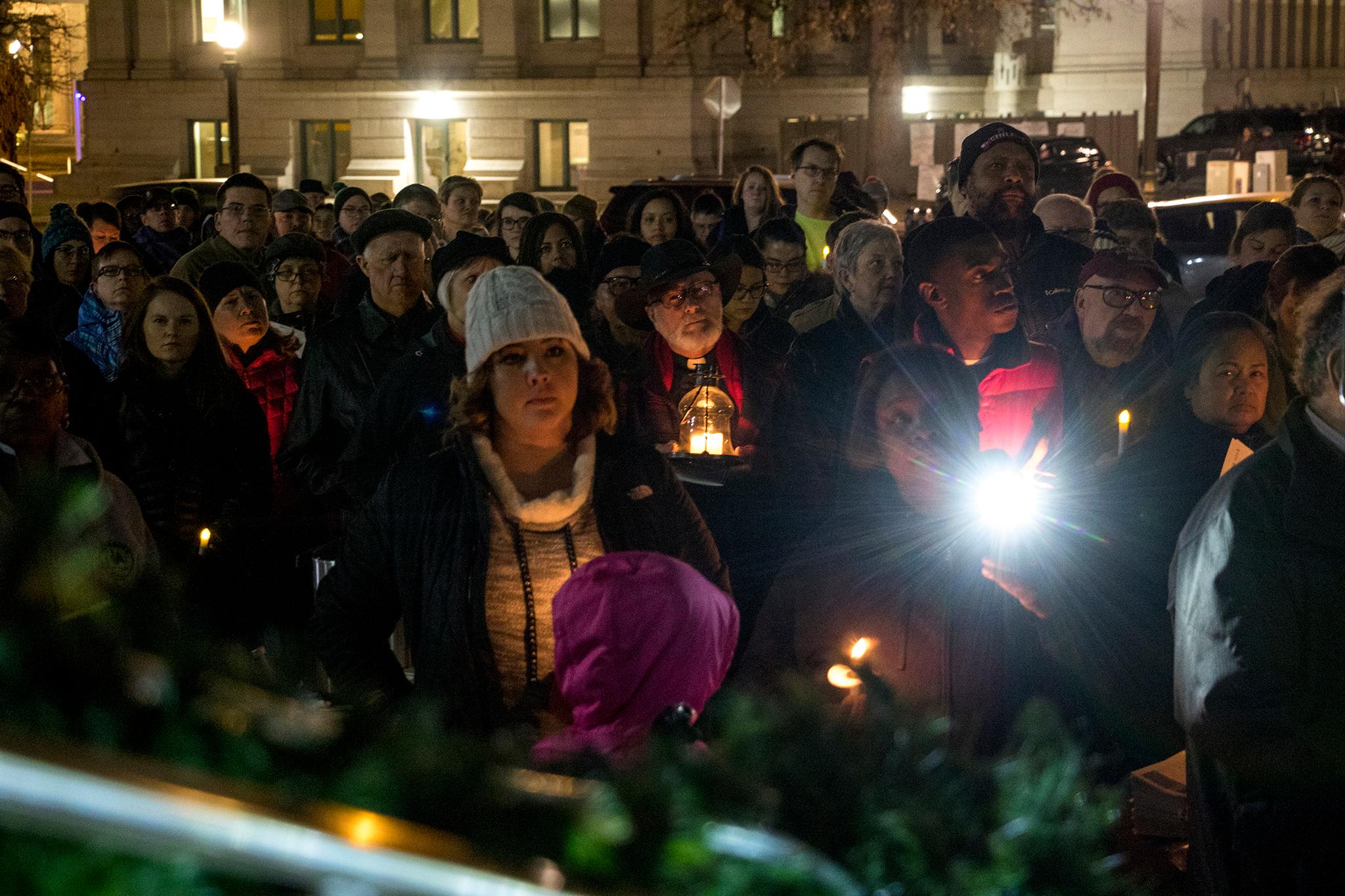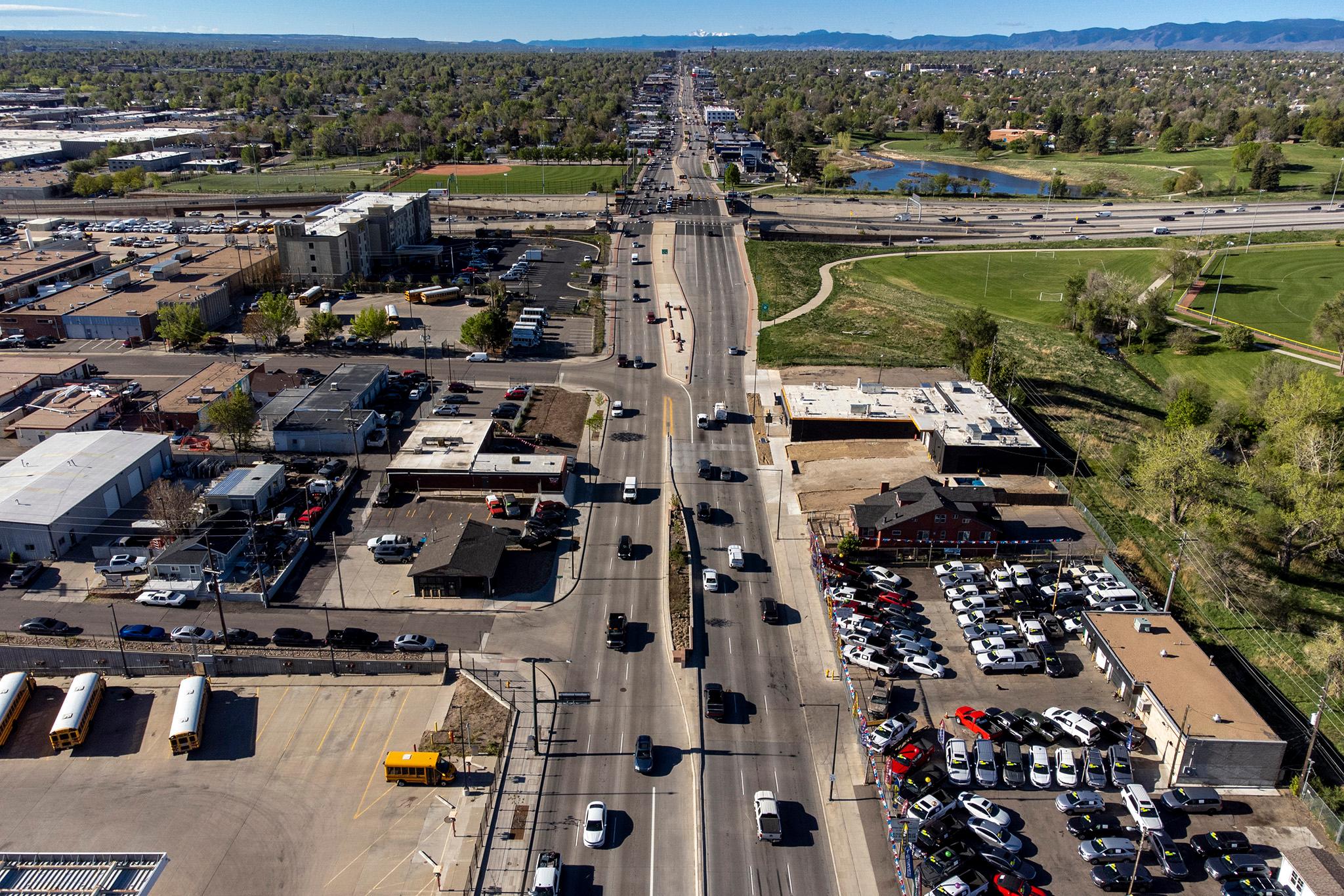Once a year, Denverites gather on the steps of the City and County Building to mourn the loss of people who lived outside. This past December, they gathered on a freezing night to remember 263 people who died outside in 2022.
"We will remember," the crowd speaks each year as their names are read.
"We Will Remember" is also the title of the Colorado Coalition for the Homeless' annual report on street mortality.
The Journal of the American Medical Association published a study on Monday that cited the Coalition's 2019 report. The new study suggests some of those recognized over the years died because of ongoing encampment sweeps and that this policy could lead to even more deaths in the next 10 years.
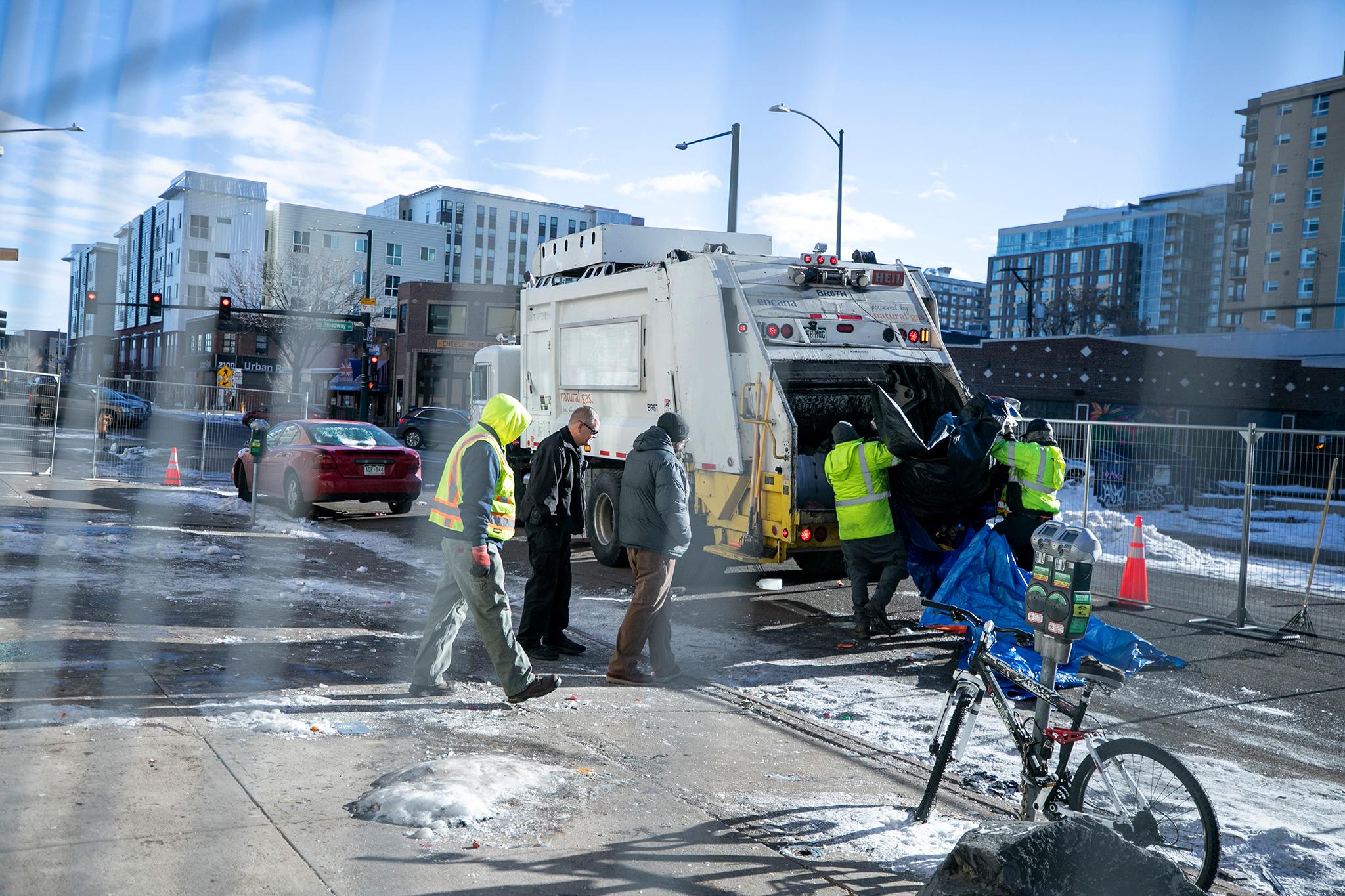
Along with the Denver data, researchers used studies of Boston, Los Angeles and San Francisco that looked at death rates related to drug use, homelessness and forced intervention.
This new paper was led by principal investigator Dr. Joshua Barocas, an infectious disease doctor and associate professor at the University of Colorado Anschutz Medical Campus. Barocas and his colleagues focused on deaths related to drug use, which he said accounts for the "vast majority" of infections he's seen in his career.
"[Sweeps,] we predict, will contribute up to 25% of the deaths among this population over a 10-year period," Barocas told us. "To put that a different way, it means our states and our cities are literally killing people with this."
(One note: Neither the city nor activists like the term "sweep" to describe coordinated, forced removals of tents from Denver streets. The city prefers language like "cleanup." Activists prefer "traumatic displacement.")
The researchers used data from Denver, Boston, Los Angeles and San Francisco to create a "simulation model" that would predict how many drug users experiencing homelessness might die in a 10-year period if they weren't continuously displaced, versus how many would die if they were displaced.
While Barocas said there is far too little research on street mortality, the suite of studies, plus data from the CDC, offered some insight on the likelihood of death and hospitalizations might for a variety of situations: How likely are users to overdose? How likely are infections? How likely is an infection to kill someone? How likely is someone to overdose after a sweep? How likely are they to use necessary, prescribed medication after a sweep?
"The authors of those studies, who are co-authors on ours, did these statistical analyses and said, 'Look, you move people, and it increases the odds of discontinuing their medications. It increases their odds of overdosing. It increases their odds of sharing needles and syringes because they're not near their resources," Barocas told us.
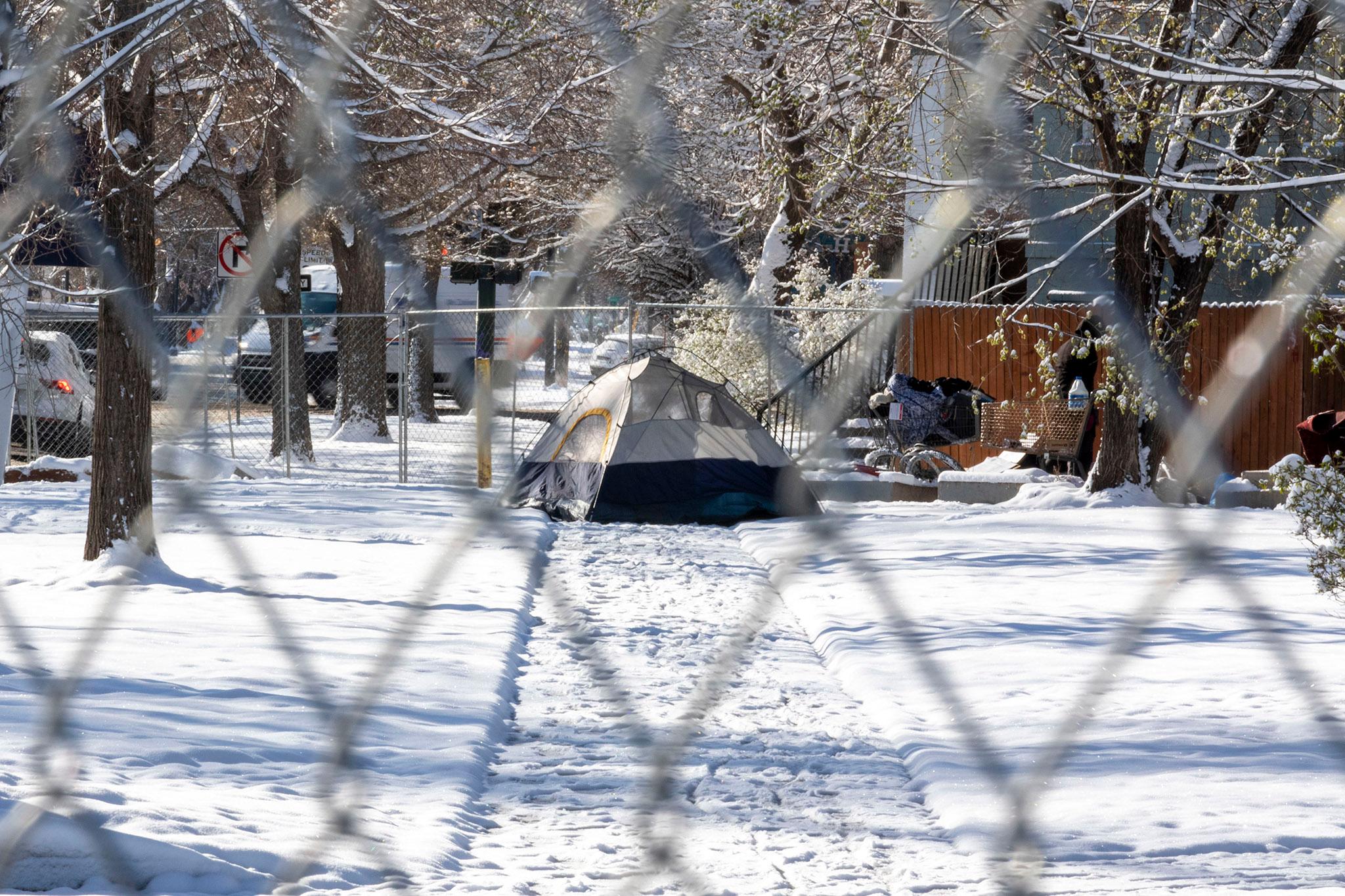
Barocas describes the model as SimCity on geek steroids. Basically, the program invents a bunch of people - some men, some women, some old, etc. - then applies the probability of all those situations week by week over 10 years. One of those imaginary people might get flagged for a non-fatal overdose, then a hospital visit, then an infection, which might cumulatively leave them with a high probability of death for the next cycle.
The researchers also tweaked these probabilities based on information about 23 U.S. cities, trying to throw as many curveballs as they could to "break the model" and reveal holes in their results.
"We ran literally hundreds of simulations," he told us. "There is no feasible situation in which camping ban sweeps - involuntary displacement, whatever you want to call it - improves the health outcomes of this population. And to be very specific, it increases overdose deaths, it increases hospitalizations, it increases heart valve infections, it increases skin and soft tissue infections. It decreases medication initiations. It decreases life expectancy."
This work is part of a broader effort to look beyond medicine when it comes to health.
The study dropped right in the middle of an election in which homelessness and sweeps have been front-and-center issues. Both mayoral finalists Kelly Brough and Mike Johnston have said unsanctioned camping should be stopped, though they've both said they would give people somewhere else to sleep.
Barocas said he's hopeful research like his will help guide the city, whoever runs it. Improving health outcomes requires diving into the political realm, he told us, since policy impacts people's health.
"There's a difference, in my opinion, between medicine and health. And I can give you a medicine, that's what I have a license to do. But if I want to improve your health, then that medicine is actually only one part of it," Barocas said. "When our cities and our states are sponsoring violence against people, against any person, I think that that needs to be highlighted."
There's been a push in public health to focus on how social factors impact life and death, and doctors and researchers have influenced legislation at multiple levels of government.
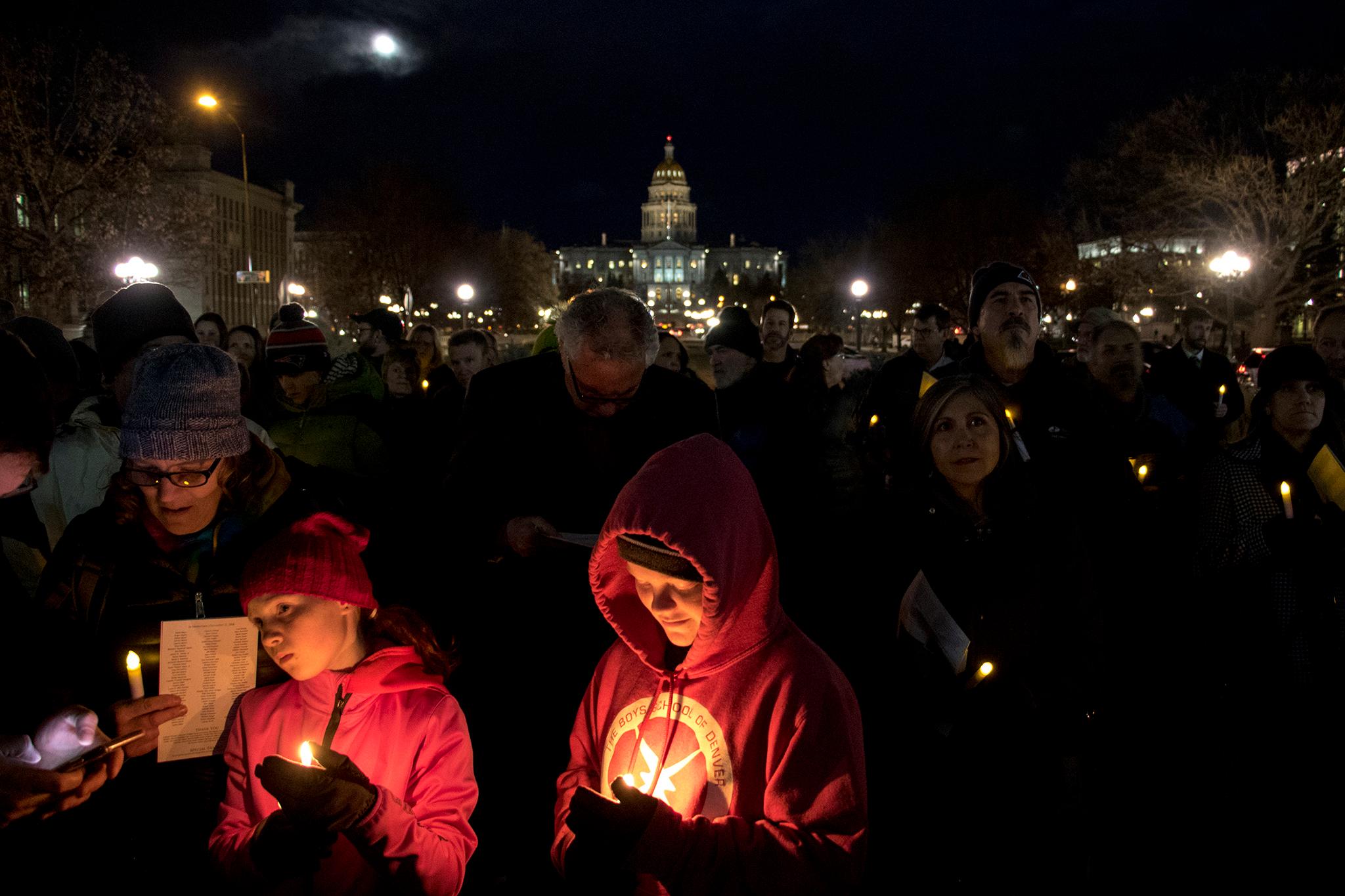
UCHealth's burn unit reported a record number of frostbite cases this season, many of which were sustained by people who were sleeping outside. Like Barocas, UCHealth burn surgeon Dr. Cameron Gibson said he's also thinking about the ways city policies and bigger market issues impact his patients.
"I think this is a side effect, or a symptom, of the housing crisis that's going on in America. If patients have roofs over their heads, they're not going to get frostbite," he said in February.
And while he's new to the job, he expects he'll find himself in front of a city council meeting to talk about warming shelters at some point.
"It behooves us as clinicians to make sure all of our patients have the best outcomes as possible, and sometimes that means we have to leave the hospital," he said. "What I want from my elected officials is to follow the data."
Read the full research study by clicking here.
Correction: This story initially listed the incorrect number of people recognized in 2022 at the Colorado Coalition for the Homeless' vigil.

